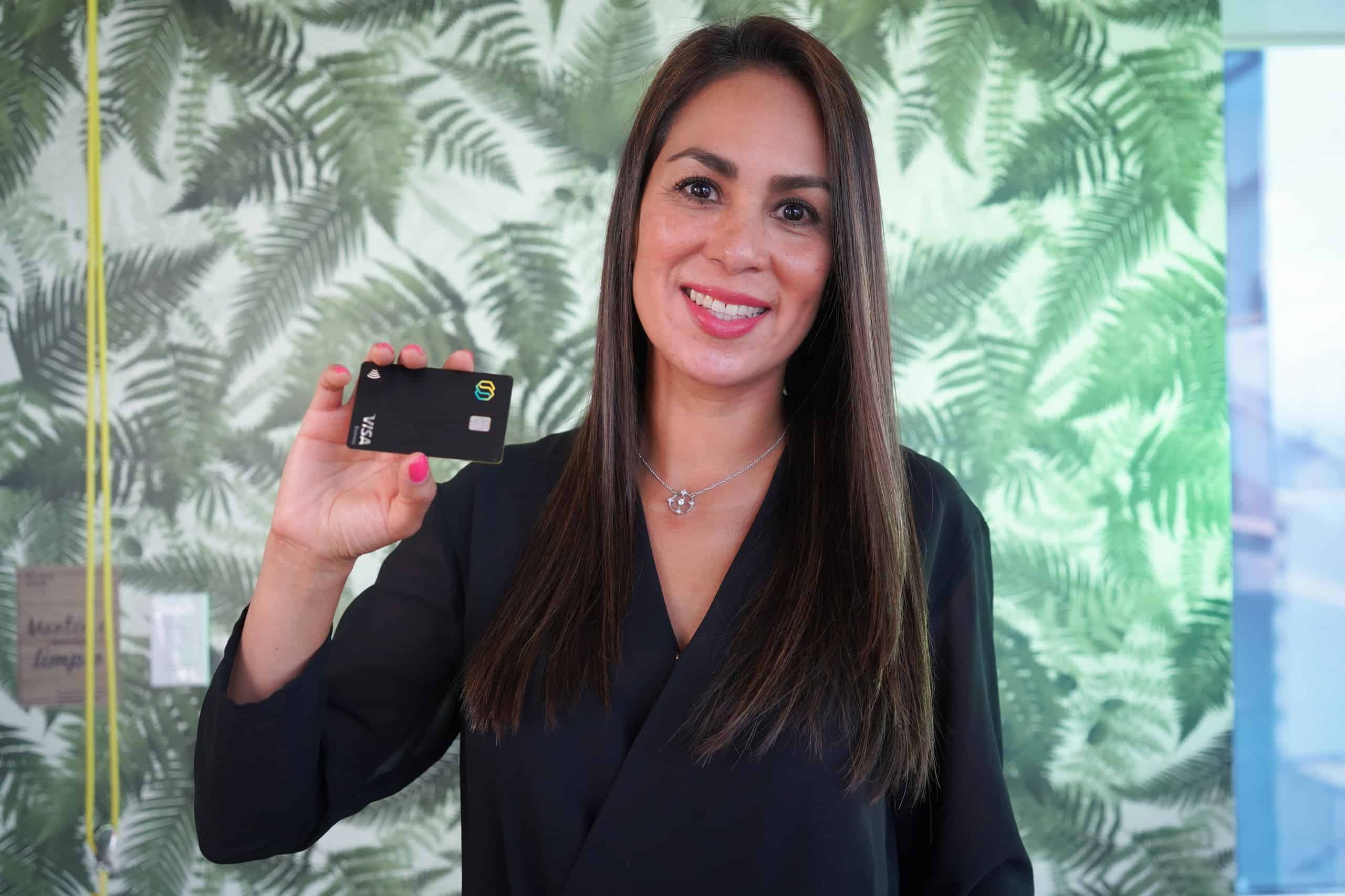
Por Sandra Pérez
January 21, 2022
Tribal, although of U.S. origin and based in San Francisco, CA, offers financial services focused on small and medium-sized enterprises (SMEs) in emerging countries.
The company was founded by Amr Shady, Duane Good, Hariraj Jayakumar, Mohamed Elkasstawi, and Prasant Sudhakaran; it began operations in late 2020 in Mexico.
However, after raising US$34.3 million in a Series A in April 2021, Tribal increased its presence in the country with products ranging from a corporate card to an expense control platform and a rewards program. At the end of last year they started operations in Colombia, Chile and Peru.
Since then, the company has been backed by BECO Capital, Global Ventures and Endeavor Catalyst.
Nine months after raising this round, Tribal unveiled the acquisition of a very peculiar venture debt: US$40 million in a hybrid way, since US$20 million were in fiat money, and $20 million in USDC, a stablecoin cryptocurrency. With this, the company has already raised US$83.4 million in funds.
The hybrid debt was financed by Stellar Development Foundation (SDF) and venture debt financing firm Partners for Growth (PFG). Following this survey, Contxto spoke with Sonia Michaca, Tribal’s Regional Manager for Latin America:
Sonia Michaca (S.M.): We are focused on small and medium-sized companies. We see the opportunity in this segment, which has been neglected for many years in all markets.
In a study we recently conducted, we saw that there are 62 million SMEs that carry out transactions globally every year with Latin America. The market opportunity we see there is US$175 billion, where Brazil and Mexico are the most important.
S.M.: We have had a 50% growth since 2021 considering that we arrived in Colombia, Chile, and Peru last November. The biggest growth has been in Mexico.
S.M.: We started in Mexico, offering our services in states where companies had VC backing. What we saw is that although they had raised different rounds of investment, when they went to traditional banks they were not given a product. This was because they were just starting the operation of the company and financially they did not meet the requirements.
Thus, they saw in us a strong opportunity to have an instrument to make their expenses, and a platform to make their movements more visible.
Then we went to the SMEs, whose main problem was applying for credit, since they did not meet the requirements of traditional banks. However, those who did have credit saw what we offer them on the platform and without commissions, and they began to migrate. We are seeing that there are companies that are willing to explore digital solutions.
S.M.: In Mexico we already have more than 1,000 clients, ranging from unicorns to traditional SMEs.
Before, the ones who adopted our services the most were startups, because they are much more attuned to digital solutions. But with the pandemic, more and more traditional companies have had to move to these types of solutions, so our traditional clients have increased.
S.M.: Ours is one of the first venture debt to be acquired in a hybrid way; most commonly they are acquired entirely in fiat or stablecoins. But this is part of our model and the strategy we are doing.
This hybrid round allows us, on the one hand, to continue expanding our solutions, providing financing and payment services to SMEs in Latam. On the other hand, it allows us to be much more convenient to make international transfers, which is where we are using stablecoins, which are USDC through Stella.
In this way we reduce costs and time when making transfers; they can be made in less than five seconds when traditional transfers can take 24 to 32 hours.
S.M.: To expand. Last year we launched in Colombia, Chile and Peru. By 2022 we want to reach more companies in those countries, as well as in Brazil, where we will launch our operations in January.
S.M.: Tribal is designed to enter emerging markets. This year we are going to focus on Latin America and by the end of 2022 or early 2023 we want to enter Argentina, Dominican Republic, Panama, and Uruguay.
S.M.: There are several points. One is the team, which has a wide range of expertise since they come from different industries. Many were in companies such as HSBC, Visa, Mercado Libre, American Express, Nubank, Marqueta, Didi; it is a combination of traditional corporations with fintech. This helps to develop a long-term sustainable strategy.
Another point is crypto, which other companies have not developed and which for Tribal is part of our key initiatives. We know that crypto will be one of the most important benefits we are going to offer to SMEs.
S.M.: There is a great opportunity to offer financial services to SMEs, unfortunately traditional banks are not developing products for them. These companies will increasingly adopt these digital services and there will be more companies like ours.
You may also be interested in: The most promising fintech opportunities in LatAm

Por Stiven Cartagena
January 12, 2026